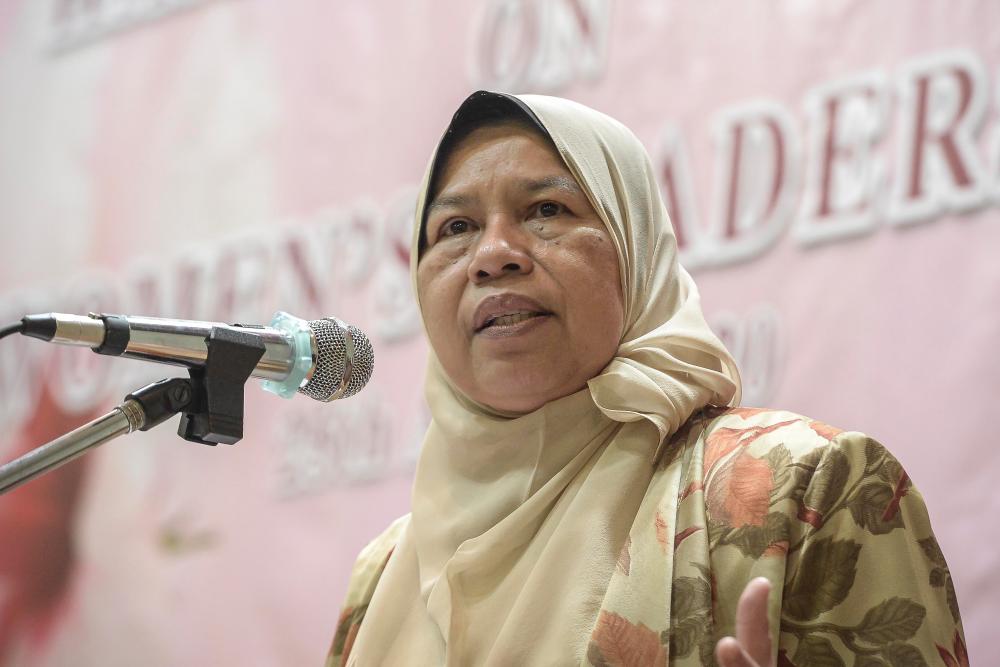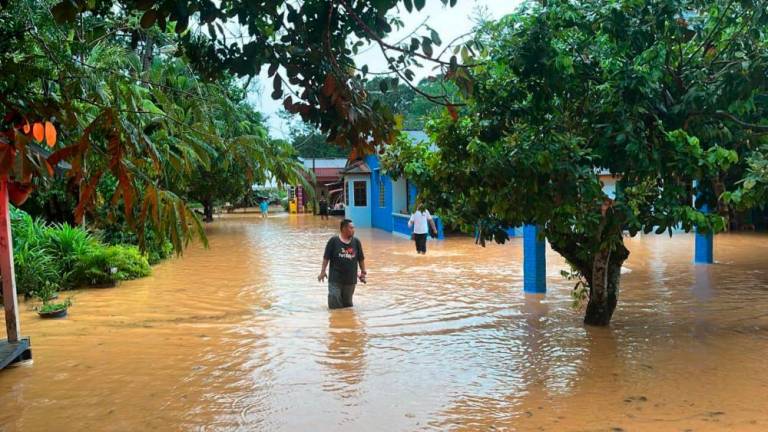KUALA LUMPUR: The delay in the entry of foreign workers into Malaysia is due to the source countries as they have to carry out several screening tests such as health screening and others.
Plantation Industries and Commodities Minister Datuk Zuraida Kamaruddin said, nevertheless, this problem is being resolved and the intake of foreign workers is proceeding smoothly.
“Initially, there were a lot of hiccups, hence the delay, but it is being taken care of although the number was small at the time...it (intake) is now proceeding smoothly and the number of foreign workers entering the country is higher.
“The problem at present is not in Malaysia but at the source countries as they have to undertake screening tests, medical and others, this has caused the delay,” she said to the media during the ‘Jom Kenali Agrikomoditi’ here, today.
Meanwhile, Zuraida said the exports of agricommodity have recorded a good achievement on a month-to-month basis, hitting more than RM100 billion since early 2022.
However, she said the target of RM300 billion would not be achievable this year due to COVID-19 and the foreign labour issue.
“Initially, I projected the entry of foreign workers would be easier this year, but unexpectedly there were many problems. Hence, the entry of foreign workers only started in August and due to this delay, the production target is not achievable,“ she said.
Zuraida said even though the agricommodity export value target has not been met this year, the Ministry of Plantation Industries and Commodities (MPIC) believed the export value will increase following the recovery in the economy which is almost back to normal.
According to the Department of Statistics Malaysia, there were 2.1 million foreign workers attached to various industries in the country as of June this year.
Meanwhile, commenting on the Jom Kenali Agrikomoditi programme held in Ampang today, Zuraida said it was the first series in the Agricommodity Tour at the community level, aimed at giving exposure to the people on the importance of the agricommodity sector to the country.
“The Ampang community travel to all areas in Malaysia and overseas. Although they are not involved directly in the agricommodity industry as smallholders, it is the responsibility of the urban community to also promote the advantages of the sector.”
She said the ministry is optimistic that this industry would continue to record an excellent performance despite the challenges of inflation that is likely to happen next year.
The National Agricommodity Policy 2021-2030 which provides the guidelines, is able to empower the agricommodity sector as the pulse of the nation’s economic recovery, she said.
It contains five key thrusts, namely sustainability, technology, value-added creation, inclusivity, and sharing of resources and wealth. - Bernama













